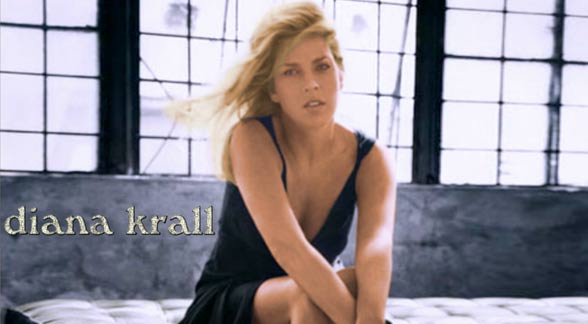Audiophile Demo Music
As I was sitting in the bar at the Sheraton following the last day of the Capitol Audio Fest and overheard some of the attendees talking about the show. I didn’t mean to eavesdrop but their discussion resonated with me. They were talking about the music that’s played in vendor’s room during audio shows. They enjoyed the sound of the recordings and understood the need for the vendor’s to use material that would show off their equipment but most of the time they didn’t know the tracks or the artists. There was a disconnect. Ideally, they would like to hear great sounding recordings of music and artists that they know. What to do?
This is a very real problem. Equipment manufacturers are always looking for compelling content to play. So what are the attributes of a perfect demo track? Is it one that features a very recognizable artist singing or playing a hit song? Maybe it’s one that was recognized with a Grammy for “Best Engineered Album”. And what about the numerous musical genres? As a vendor, you never know whether the next person through the door is a classical music fan or folkie?
From a strictly legal point of view, playing any copyrighted music in a public setting like an audiophile trade show is against the law. At the big events like the annual CES Show in Las Vegas, there are actually people from the major motion picture studios that cruise around the show floor looking for copyright violations. If Microsoft or Intel were to found playing a segment from a Warner Brothers movie without the proper licenses (which of course, they have to pay for), they can get in big trouble. I read recently about a couple of major actors suing an equipment maker for showing them in a demo without their permission.
I’ve never heard of the “audio copyright” police coming to an audio show, but it is certainly possible that they could show up and shut down virtually every room in the hotel because the vendor’s didn’t have permission from the labels/artist to play their music their music in public. This would make the process of securing demo material all the more difficult if not impossible.
I’ve been fortunate to license many of my AIX Records productions to a large and varied group of companies over the years. A few years ago, Intel contacted me about collecting some of my master recordings on a DVD-Audio/Video disc so they could use it at trade shows AND distribute at their booth. They were trying to show off the audio capabilities of their new chips. It was a great deal to me (for promoting our little label) and a great deal for them. The major labels and their artists demand a lot of cash for using their tracks. I’ve even heard of certain artists having veto rights for any additional tracks used on a compilation disc…wow!
Vendors have to balance a number of factors when deciding what to demo in the suites or listening rooms. The lament that I heard in the bar of the Sheraton is not uncommon. But the fact is that most if not all commercial releases do not make great demo material. Even the tried and true “audiophile” demo albums from Diana Krall or Nora Jones or the ubiquitous “Dark Side of the Moon”, are heavily mastered and processed standard definition. Are these really the best tracks to show off amplifiers, DACs and speakers or are they included in the rotation because they are well known and sound good enough?
I’ve produced a large number of demonstration discs over the years that AIX Records has been in business. I know that most of the artists that I’ve recorded are not household names. But I also know that they are among the best sounding recordings on the planet. I know that if I can get you to give a serious listen to Laurence Juber or John Gorka or one of my own “acoustica” productions, you’ll be hooked. There are a lot of companies using my tracks to demo their equipment…especially speaker manufacturers.
I know that I have very talented artists on my label and I certainly want them to have some name recognition and celebrity status. You may not know who Laurence Juber or John Gorka is, but acoustic guitarists and fans of “new folk” do. And if you take the chance and listen to them, I think you’ll discover that a great but relatively unknown artist and a great recording makes the best possible demo track.
I once heard that Dr. Bose (I bet you didn’t think you would ever read his name in a high-end audio blog) prefers demo material from relatively unknown artists so that listeners know that it’s the equipment that sounds good and not just because a celebrity is performing the song. I agree.

